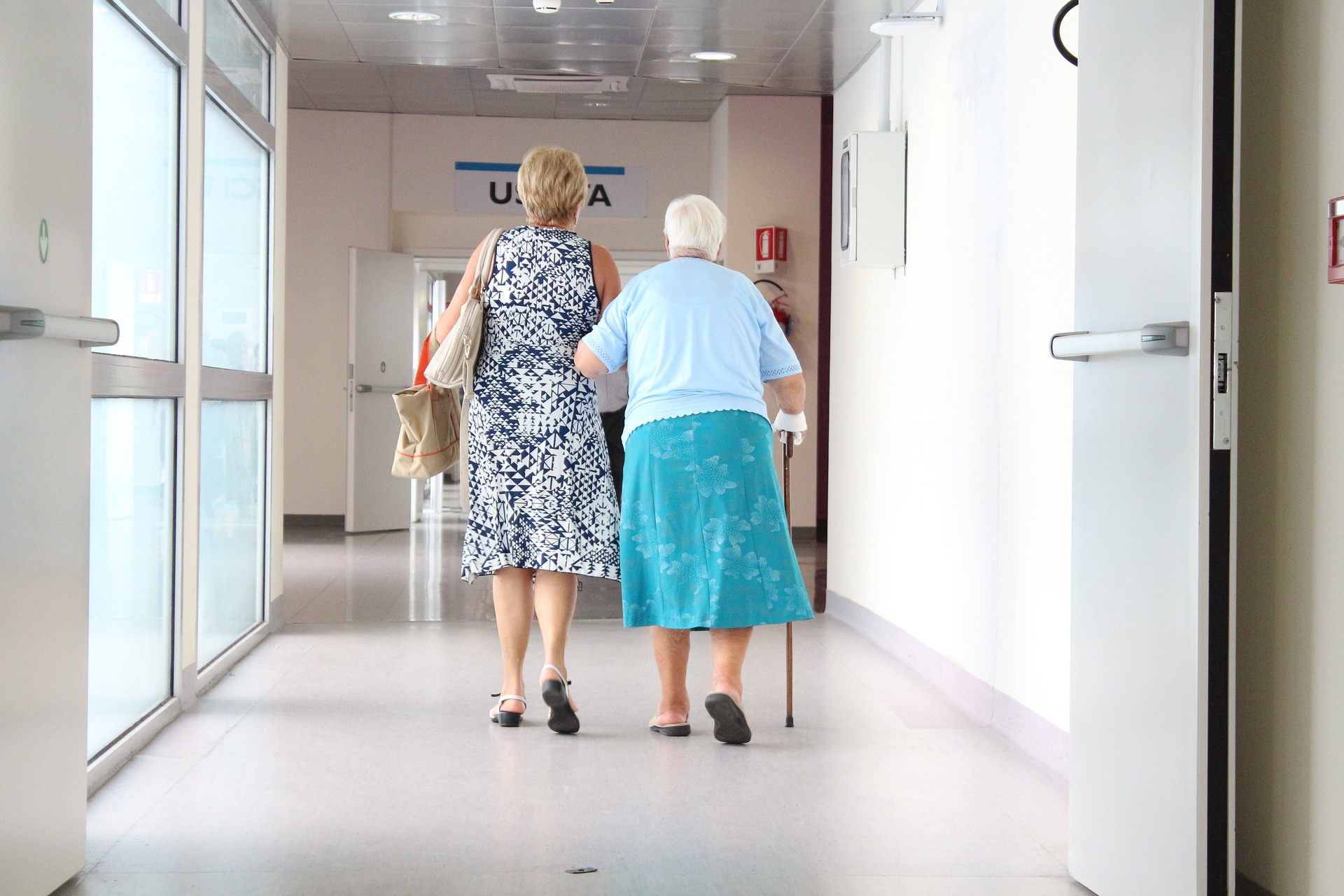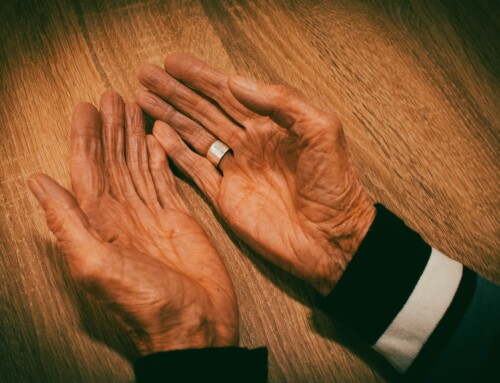Diabetes is a chronic medical condition that affects over 35 million Americans annually. The disease significantly impacts how the body converts food into energy. Left untreated, diabetes can be very dangerous for anyone but can be especially harmful to diabetic seniors. If your loved one is a diagnosed diabetic and is elderly, read on for valuable information.
The majority of the food we consume is broken down into glucose for our bodies to use. That glucose causes an elevated high blood sugar count and results in insulin – a compound manufactured by the pancreas to naturally moderate blood sugar levels – to be produced. A diabetic individual either doesn’t have enough created insulin or is unable to utilize insulin efficiently.
Diabetes can trigger severe health problems if left untreated or if treatment protocols are lax. Those with diabetes have a markedly higher risk of heart attacks or coronary artery disease. Intensive nerve issues can also lead to complications in every vital system of the body. There is no known medication to cure diabetes outright, but individuals (or their family members) can make lifestyle changes proven to mitigate symptoms and manage the disease. Two primary aspects of living a vibrant life as a diabetic are taking prescribed medications correctly and maintaining appropriate weight through diet and exercise.
Facts for Diabetics
- Nearly 20% of those with diabetes are not aware they have the condition and have not been diagnosed.
- Diabetic symptoms include intense thirst, urgent need to urinate, blurry vision, and mood swings.
- According to the CDC, unhealthy weight and a family history of diabetes are two important predispositions to diabetes.
- Most people can beat diabetes and live an active life. Testimonials from diabetics and doctors alike prove that positive lifestyle changes often minimize or eliminate diabetic complications compared to a sedentary lifestyle.
Senior Diabetic Care
The top recommendations for handling complications due to diabetes involve engaging in more physical activity and eating healthier. However, seniors have more difficulty taking the steps needed to avoid the onset of the disease.
In addition, if the individual also has other medical concerns, the diabetic condition may be made worse. Daily blood sugar monitoring, appropriate medications, and necessary food consumption are often too overwhelming for seniors to handle on their own. However, involving family and caregivers can provide seniors with a significant boost in their healthcare.
Management Checklist
- Help your senior family member obtain a formal diagnosis from their physician and ask about any necessary next steps.
- Learn about the prevalent symptoms and potential complications of diabetes.
- Educate yourself regarding the necessary diabetes treatment methods and services. Be sure to consult with experienced professionals who have worked with diabetic patients before.
- Discover which prescription medications and dietary protocols are most appropriate for your family member’s unique situation. There are various drugs and diverse dietary plans, so you should work to identify which is best given the situation. Inform any medical practitioners of allergies or food complications.
- Make sure your senior loved one is up-to-date on all related health tests, such as eye and skin exams. Watching these areas may help to proactively identify any serious complications before they arise.
- Since muscle is integral in assisting the body to produce and utilize insulin efficiently, low-impact workouts should be safely added to the treatment strategy. Remember to consult with all physicians before beginning new exercise routines.
- Document any observable changes and report them promptly to the doctor.
Before your senior family member moves into A Banyan Residence in The Villages, we will set up a consultation to discuss any relevant or potential health issues. We are committed to providing all of our residents with the most beneficial diet for their needs, support with medication management, and support to stay engaged and enjoy life. Call today for a tour or more information.








